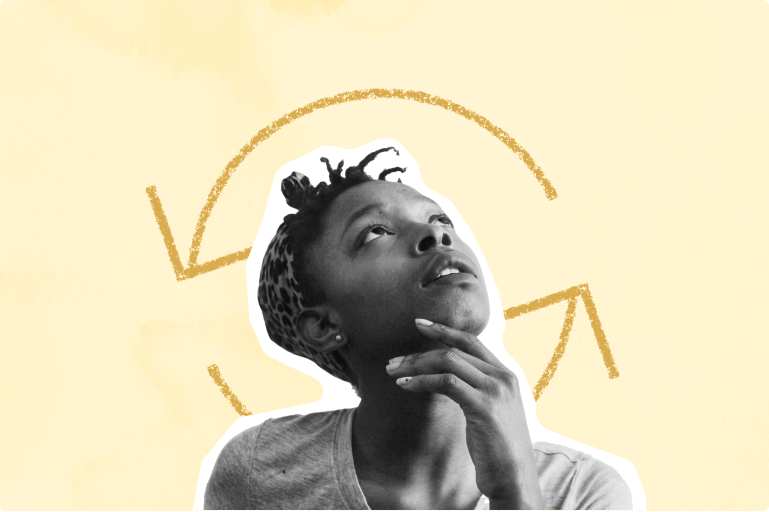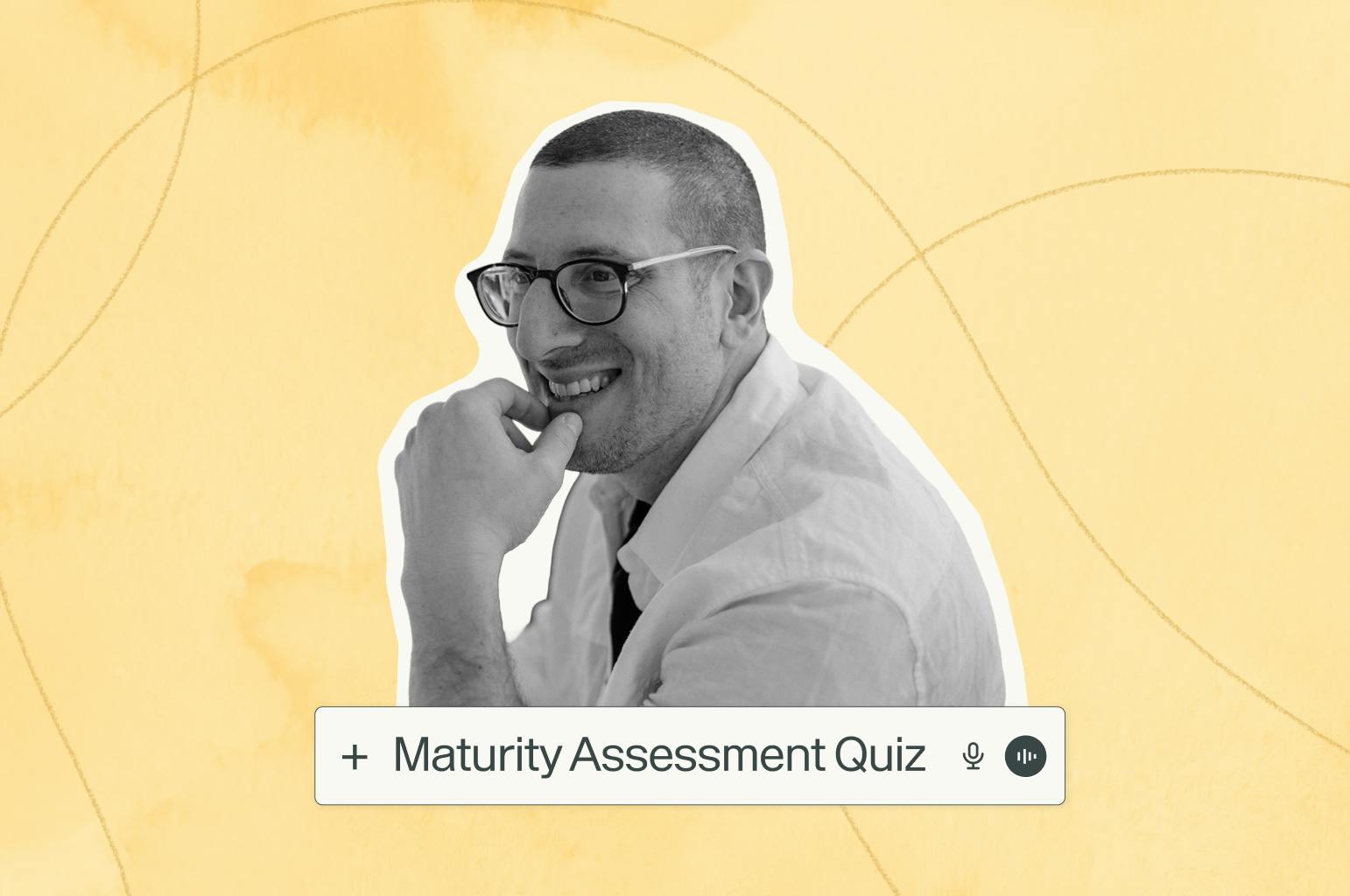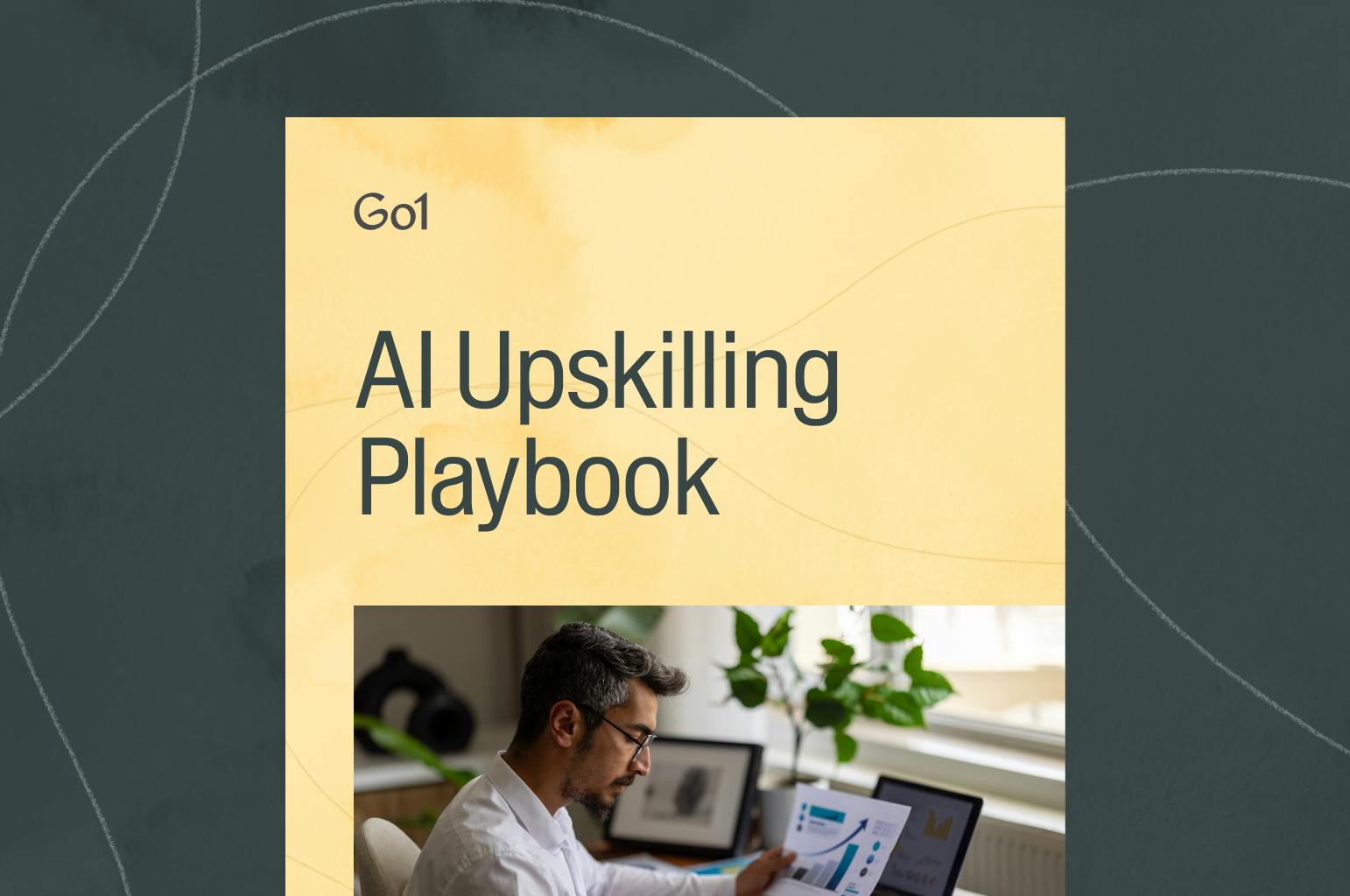Learning, unlearning, and relearning: What it means for L&D in 2025

If you work in L&D, you’re probably no stranger to change. But staying current in today’s workplace isn’t just about adding new knowledge—it’s also about knowing what to let go of. That’s where the learn, unlearn, relearn cycle comes in.
In this article, we’ll explore what this cycle looks like in action, why it matters now more than ever, and how you can help your team embrace it with confidence.
Why unlearning matters in L&D
At first, the concept of unlearning can feel counterintuitive. Isn’t learning about gaining more knowledge, not letting it go?
But in a fast-changing landscape—where compliance rules evolve, technologies shift, and employee expectations grow—clinging to outdated methods can actually slow you down. Unlearning means staying flexible. It’s not forgetting for the sake of it; it’s about making space for what’s next.
Think of it like a software update for your team’s knowledge base. Just as your devices need regular upgrades, so does the way we think, work, and learn.
Everyday examples of unlearning and relearning
Your team is probably unlearning and relearning more than they realize. Some examples might include:
- Adapting to hybrid work by shifting from in-person to digital-first collaboration tools.
- Letting go of “set-and-forget” compliance approaches in favor of dynamic, ongoing learning.
- Reframing leadership development to include empathy and inclusivity—not just authority.
Even small shifts count, like adapting to a new LMS layout or adjusting your approach when Google updates its search algorithm.
The learn, unlearn, relearn cycle explained
Popularized by futurist Alvin Toffler, this cycle is all about continuous adaptability. It looks like this:
- Learn – You acquire a skill or process.
- Unlearn – You consciously let go of outdated practices.
- Relearn – You adopt updated, more effective ways of working.
Take email as an example. Your team may have mastered Gmail’s old interface—but once it updates, they have to unlearn old habits and relearn how to navigate the new layout efficiently. Simple, but powerful.
Why it matters more than ever in 2025
The pace of change in workplace learning isn’t slowing down. According to Fosway Group, 94% of L&D professionals had to rethink their strategy due to COVID-19—and most don’t expect to return to old ways.
Even today:
- 90% of executives say their organizations face skill gaps or expect them to emerge in the next five years.
- 51% of workers feel their job skills will change in five years.
- Soft skills now outrank hard skills as top development priorities.
In this context, unlearning isn’t optional—it’s essential. Your employees can’t stay stagnant and expect skills learned once to be just as relevant in 10 years. We must continually reevaluate knowledge and relearn skills to ensure they remain up-to-date in a changing world.
How to help your team embrace this cycle
Explain the “why” behind change
Resistance often comes from uncertainty. Take the time to explain what’s changing and why. Use relatable examples and emphasize how unlearning will make their work easier or more impactful.
Tip: Ask your team to reflect on one thing they’ve had to unlearn in the past year. You’ll likely get a surprising—and validating—range of answers.
Make learning effortless
Provide timely, relevant, and accessible training. If you want people to relearn, make it easy to find the right resources—whether that’s compliance content, leadership pathways, or quick refreshers on essential tools.
Look for L&D partners (like Go1) that can help you centralize and streamline content delivery so unlearning doesn’t feel like yet another task.
The bottom line
The learn, unlearn, relearn cycle a helpful framework for building future-ready teams. For L&D leaders, that means creating environments where learning is continuous, content is current, and change isn’t feared, but embraced.
Ready to build a learning culture that keeps pace with change?
Related Articles

Application Guide: How to use the Go1 AI for L&D Maturity Assessment to assess our workforce AI capability

AI upskilling made clear: A practical guide to building an AI-ready workforce

Go1 welcomes PepTalk

5 Data-Backed Insights Shaping the Future of AI in Workplace Learning

Train smarter, spend less
Train smarter,spend less
Connect with a Go1 expert to explore the best training options for your organization—no pressure, just solutions that work.